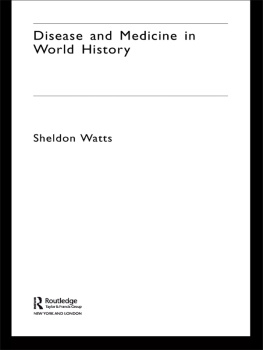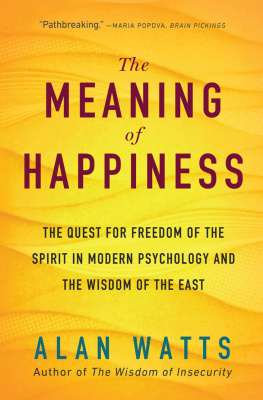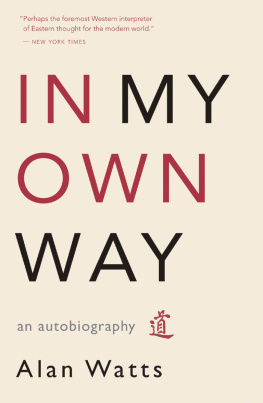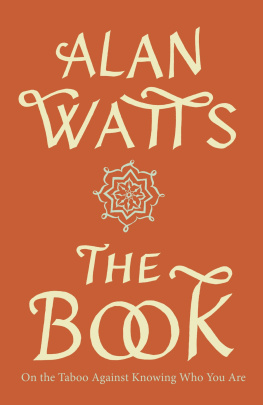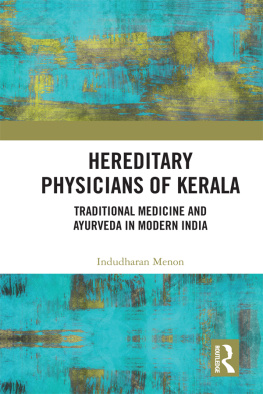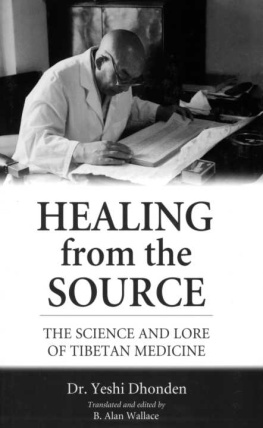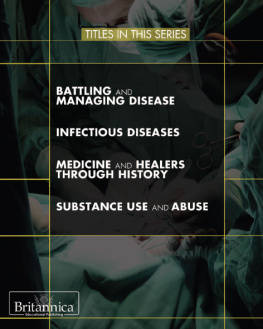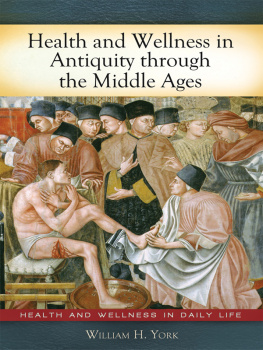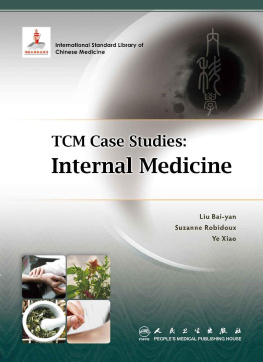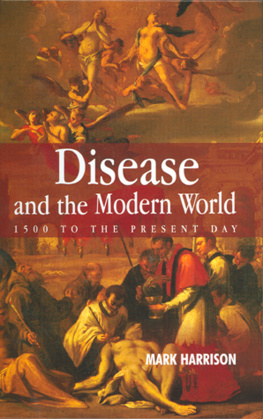This volume is a landmark contribution to the field of world history. It covers the principal medical systems known in the past, based on extensive original research. Watts raises questions about globalization in medicine and the potential impact of infectious diseases in the present day.
Themes in World History
Series editor: Peter N. Stearns
The Themes in World History series offers focused treatment of a range of human experiences and institutions in the world history context. The purpose is to provide serious, if brief, discussions of important topics as additions to textbook coverage and document collections. The treatments will allow students to probe particular facets of the human story in greater depth than textbook coverage allows, and to gain a fuller sense of historians analytical methods and debates in the process. Each topic is handled over time allowing discussions of changes and continuities. Each topic is assessed in terms of a range of different societies and religions allowing comparisons of relevant similarities and differences. Each book in the series helps readers deal with world history in action, evaluating global contexts as they work through some of the key components of human society and human life.
Gender in World History
Peter N. Stearns
Consumerism in World History
Peter N. Stearns
Warfare in World History
Michael S. Neiberg
Disease and Medicine in World History
Sheldon Watts
Asian Democracy in World History
Alan T. Wood
Disease and Medicine in World History
Sheldon Watts
First published 2003
by Routledge
29 West 35th Street, New York, NY 10001
Simultaneously published in the UK
by Routledge
11 New Fetter Lane, London EC4P 4EE
Routledge is an imprint of the Taylor & Francis Group
This edition published in the Taylor & Francis e-Library, 2005.
To purchase your own copy of this or any of Taylor & Francis or Routledges
collection of thousands of eBooks please go to www.eBookstore.tandf.co.uk.
2003 Sheldon Watts
All rights reserved. No part of this book may be reprinted or reproduced or utilized in any form or by any electronic, mechanical, or other means, now known or hereafter invented, including photocopying and recording, or in any information storage or retrieval system, without permission in writing from the publishers.
Library of Congress Cataloging in Publication Data
Watts, S. J. (Sheldon J.)
Disease and medicine in world history / Sheldon Watts.
p. cm.
Includes bibliographical references and index.
1. MedicineHistory. I. Title.
R131 .W35 2003
610.9dc21 2002153796
British Library Cataloguing in Publication Data
A catalogue record for this book is available from the British Library
ISBN 0-203-98789-6 Master e-book ISBN
ISBN 0-415-27816-3 (hbk)
ISBN 0-415-27817-1 (pbk)
To my students in the West, in Nigeria and in Egypt
Preface
In the last 15 years or so, the discipline of World History has finally come of age. Before that time, courses listed in college catalogs as world history tended to be little more than the history of western Europe and America. Though short sections did of course deal with Non-western history, their main apparent purpose was to explain the mess the rest of the world had been in before it was rescued by the progressive West.
Nowadays, this Eurocentric perspective has been tossed over the side. It has been replaced by a Global History which at least aims to be more truly universal. Among its other attributes, this new global history recognizes that the real world in times past consisted of a very large number of culture groups, each of which was distinct and separate from the others.
Within this short book, limitations of space permit me only to touch on certain medical aspects of five or six Non-western societies or sets of societies: ancient Egypt and native pre-Columbian America, the Islamic Middle East, India, China. Ancient Greece when seen from some (not all) disciplinary perspectives was also a Non-western society. As will be demonstrated, each of these societies (or groupings of societies) developed a cluster of formal medical systems which co-existed with various forms of empirical medicine.
Given that World History is essentially a new discipline, so too is MedicalHistory as the field is now coming to be understood. In the old days most medical history was written in the West by retired medical doctors or by nationalist historians whose primary aim was to glorify the great medical men of the past. The names of these heroes were engraved on the cornices of monumental buildings like the London School of Tropical Medicine and Hygiene where they can still be seen today.
However, my own conceptualization of the subject has little to do with great men. As a medico-cultural historian, I regard all past approaches to sickness and healing as aspects of the great diversity which always has been a core aspect of Homo sapiens sapiens (humankind).
Acknowledgments
This book incorporates my own interpretations of the findings of scores of medical and cultural historians: to all of them I am most grateful.
My especial thanks to the World Historians and Medical Historians who have given me encouragement in this and in similar projects over the years. These scholars include: Peter N. Stearns of George Mason University, academic editor of the Themes in World History Series; Jerry H. Bentley of The University of Hawaii, editor of the Journal of World History; Gert H. Brieger of The Johns Hopkins Institute for the History of Medicine, editor of the Bulletin of the History of Medicine, and Roy Porter, until his recent untimely death, the leading historian of medicine at the Wellcome Institute for the History of Medicine, in London.
The Egyptologists, Dimitri Meeks and Christine Favard-Meeks, made helpful comments on a longer draft of parts of , Ancient Egypt. Professor Ruth Mayer, Dr Brigitte Weingart and other participants at the Virus! Conference held in Bonn, Germany 1719 January 2002, offered insightful comments on aspects of Chapter 7, The globalization of disease after 1450. To all of these scholars I am most grateful.

